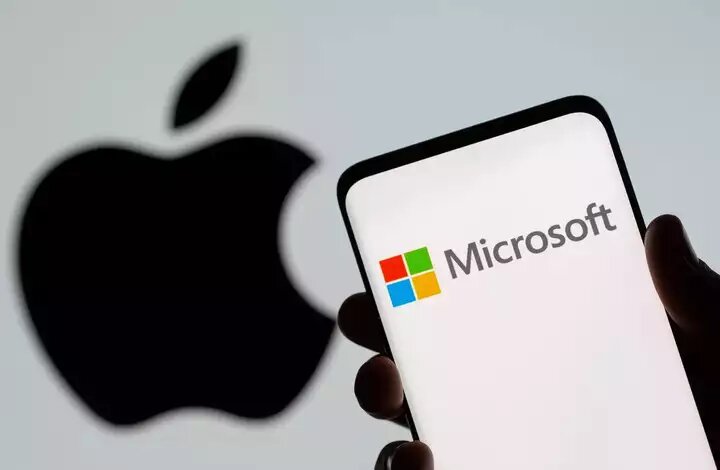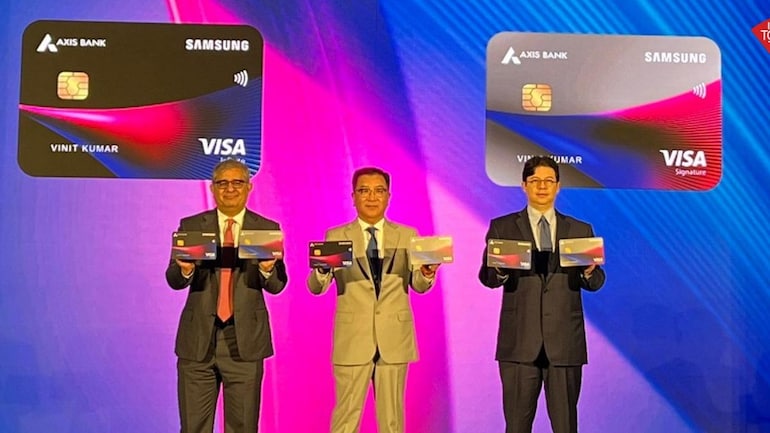Microsoft To End Support for SwiftKey on iOS Devices From October 5, 2022
Microsoft has evidently confirmed that the firm is terminating the support for SwiftKey predictive text keyboard on iOS. The firm has updated its support page to point out the news that iPhone users can no longer download this application as of October 5 since it will be delisted on the App Store.

Director of Product Management at SwiftKey, Microsoft, Chris Wolfe has claimed that the firm will continue to support for SwiftKey on Android and confirmed the delisting, stating:
“As of October 5, support for SwiftKey iOS will end and it will be delisted from the Apple App Store. Microsoft will continue support for SwiftKey Android as well as the underlying technology that powers the Windows touch keyboard. For those customers who have SwiftKey installed on iOS, it will continue to work until it is manually uninstalled or a user gets a new device. Please visit Support.SwiftKey.com for more information.”
Source: pcmag.com
What is SwiftKey
SwiftKey is a common keyboard application for smartphones that provides predictive texting with AI (artificial intelligence) algorithms. This app attempts to guess what the users want to say even before they type and also enables users to type in multiple languages simultaneously and they don’t have to switch between languages. Additionally, the application provides multiple different and unique customizable themes and many more things.
SwiftKey has been downloaded by more than 500 million users on their Android devices. That may be the reason why the app will continue to be available and supported on Android. SwiftKey received its last update for Android in May that made it easier for the users to delete text and it has also added an additional option to disable the automatic spaces after every punctuation.
Microsoft acquired the SwiftKey platform was already one of the highly popular keyboard applications on Android and iOS as it has achieved revenue of about 250 million dollars in 2016. It was rolled out on Android in 2010 and arrived on iOS in 2014.
SwiftKey’s technology is also being used in Windows 11, particularly for the windows touch keyboard, and furthermore, it is also capable of syncing the clipboard data between Windows and Android devices.
Why Microsoft is terminating SwiftKey on iOS
The U.S tech giant has not given a clear reason for its decision to end the SwiftKey support for iPhone users. They might be facing issues and challenges to provide the enhanced cross-device experience that it wants for iOS users. Furthermore, some users on Reddit indicated that the iOS version of SwiftKey has not even received the latest update for about a year.
The firm has also updated the Android client ability of SwiftKey with the ability to sync clipboard over devices using the cloud recently which is difficult to be done on the iOS platform since Apple’s closed ecosystem prohibits certain applications from accessing important parts of iOS and maintains some restrictions on were these keyboards can or cannot be used.
They cannot be used to type passwords or other passcodes and they can be forbidden on smartphones that are locked down through MDM (mobile device management) software. Apple has added certain most common third-party keyboard features to the built-in iOS keyboards in recent years such as searchable emoji and swiping to type
This might be the reason why apps like Phone Link are only available and accessible on Android and not on iOS. Since the SwiftKey keyboard is discontinued, users can switch to other alternatives like Google’s Gboard.

I am a student pursuing my bachelor’s in information technology. I have a interest in writing so, I am working a freelance content writer because I enjoy writing. I also write poetries. I believe in the quote by anne frank “paper has more patience than person





